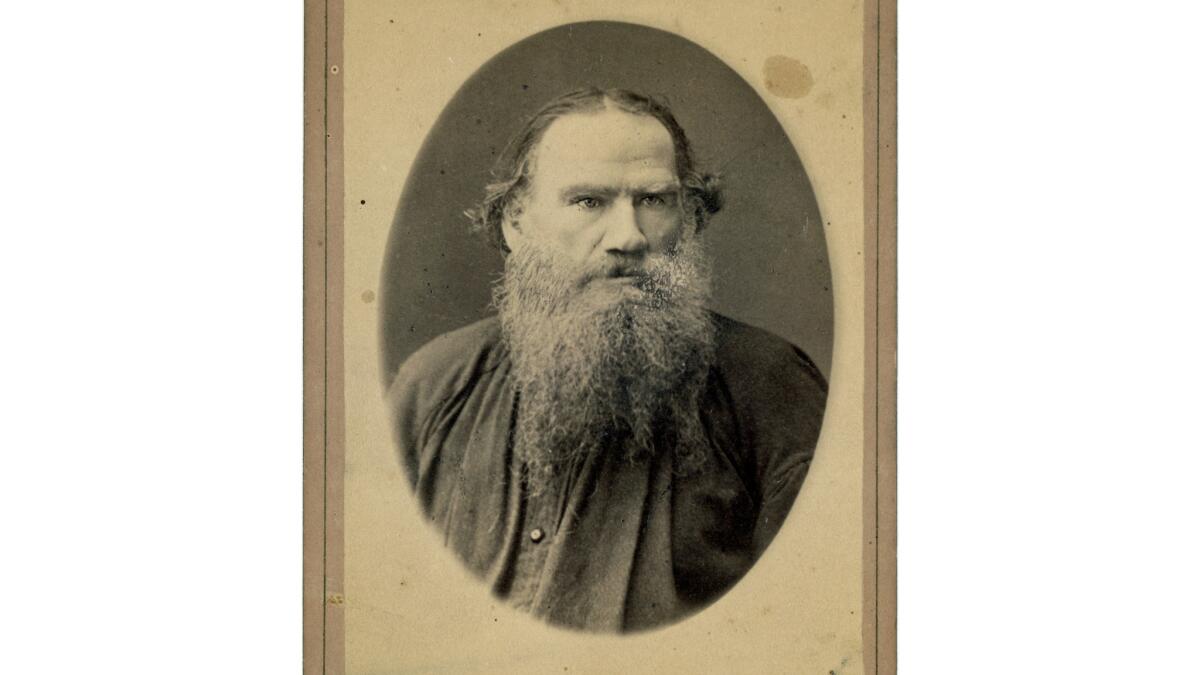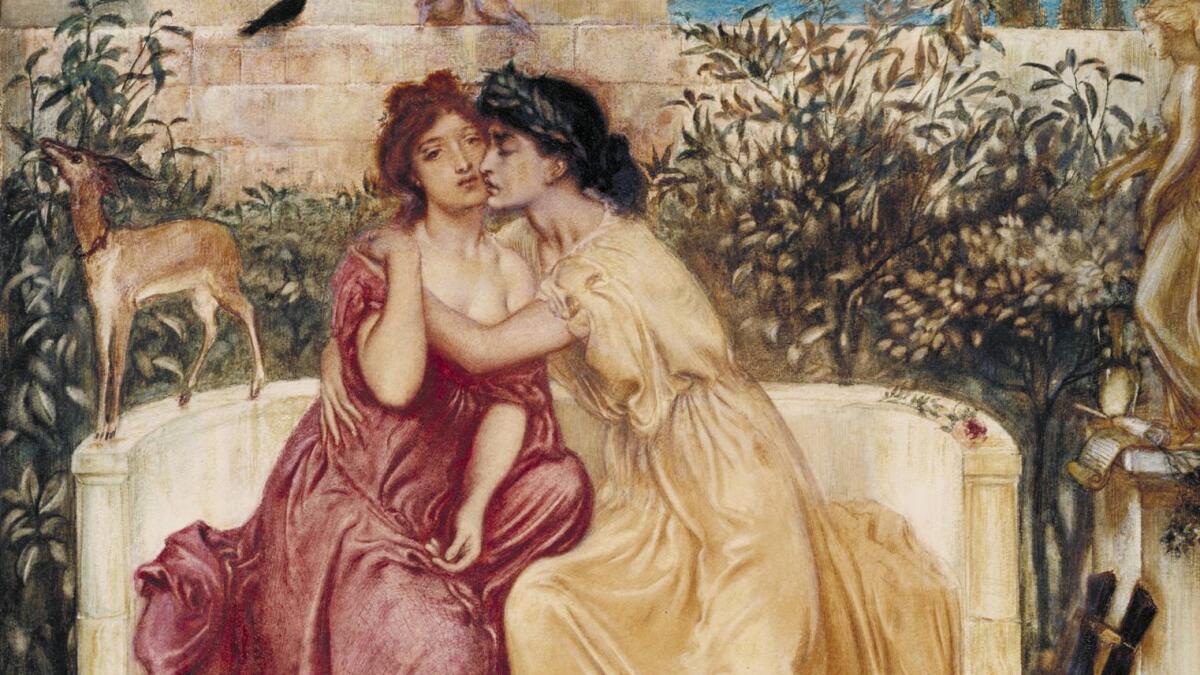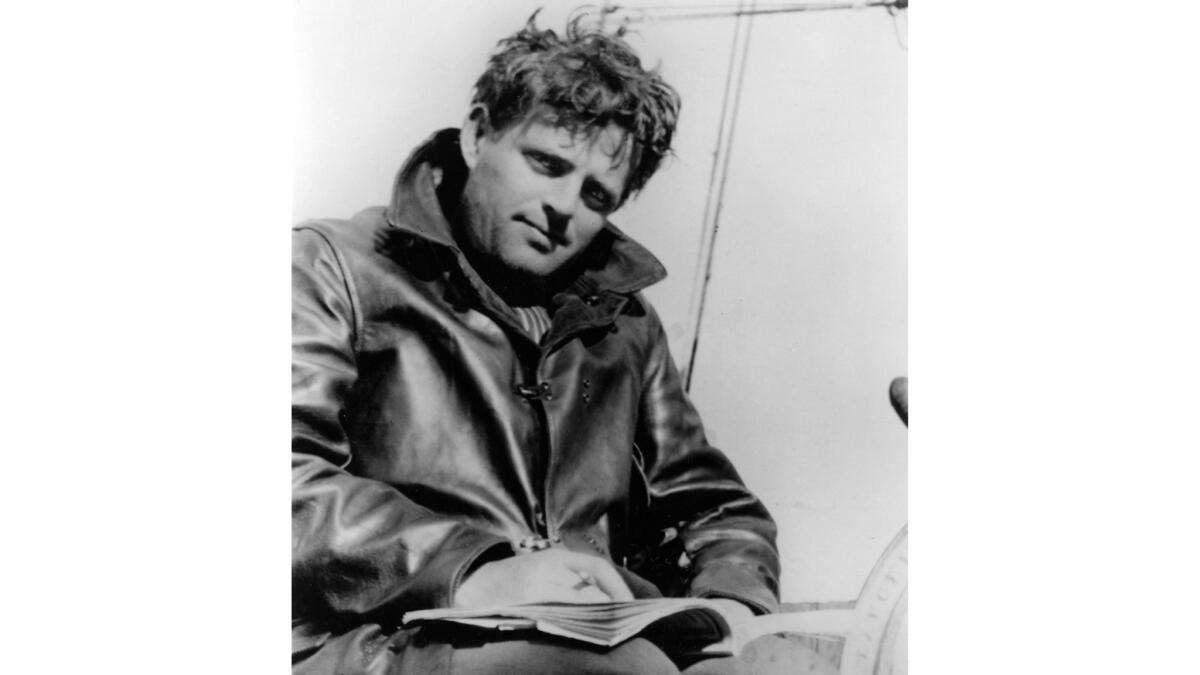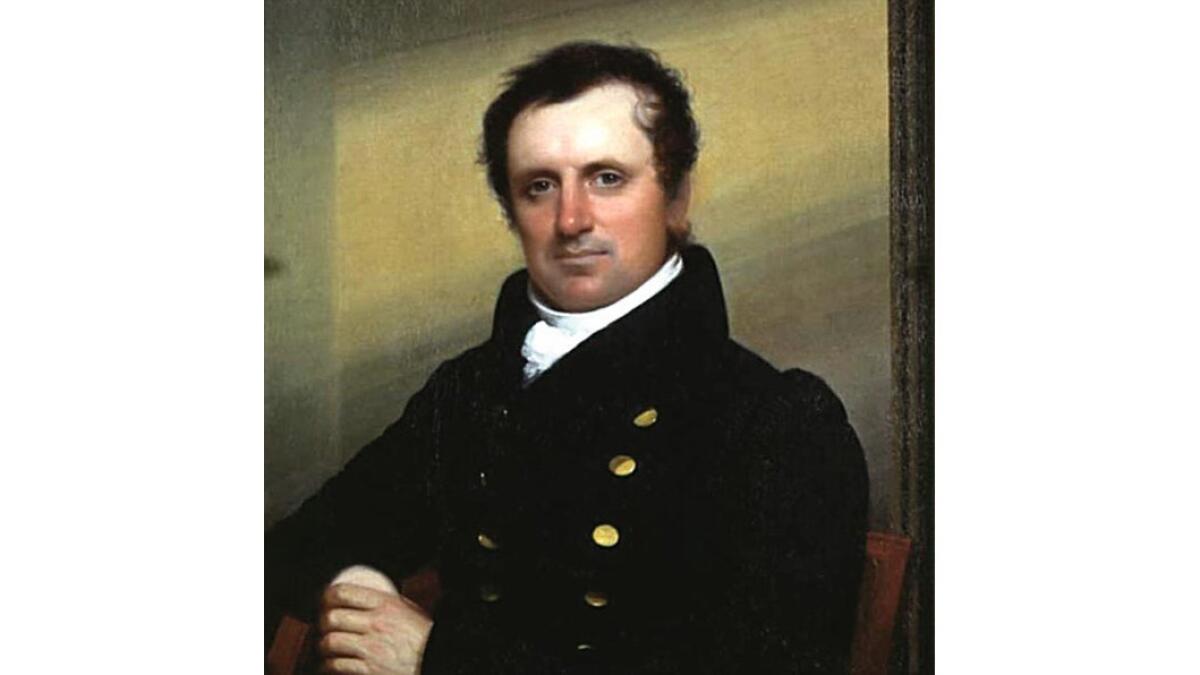Forget the Jane Austen romantic comedy: These authors would make way better rom-coms
- Share via
A film company is hoping to turn the life of author Jane Austen into a romantic comedy. They couldn't have picked a worse subject.
Austen is a classic novelist, one whose books "Emma," "Sense and Sensibility" and the beloved "Pride and Prejudice" have themselves been turned into delightful romantic comedies on screen. Austen's formula -- a witty tale of a young woman drawn into a romance that is thwarted or resisted, with a resolution that ends in marriage -- serves as a template for big screen rom-coms.
But that wasn't Austen's life -- that was her imagination.
It's a sad truth that while Austen's novels were rich with romantic entanglements, her life was not. At 26, she probably agreed to marry 21-year-old heir Harris Bigg-Wither, then reversed the decision the following morning. After that, she had no documented suitors. She lived with her parents, then with other relatives, and finally in a house her brother bought for his mother and sisters. Her books were published under a pseudonym and she died after an illness, unwed, at age 41.
Hardly a rollicking good time.
But not all authors had it so hard. Here are four -- some you might hardly suspect -- whose lives would make marvelous material for a romantic comedy.

Leo Tolstoy’s life was not as tragic as his work.
Leo Tolstoy's life was not as tragic as his work. Credit: Library of Congress.
Leo Tolstoy
What, you're thinking, the author of "War and Peace" and the tragedy "Anna Karenina"? Why yes. Tolstoy was born into an aristocratic family in Russia in 1828 in Russia, and while he was orphaned young, he was raised in comfort. He didn't do well in college because he was too busy carousing. He later entered the army, but that didn't stop him from gambling, drinking, and carrying on affairs. He left the army, became well-known as a writer, traveled to Europe and back to Russia, and finally settled down at 34. His bride was Sophia, an 18-year-old physician's daughter. Later, things between them soured, so let's stop in their early years, when he wrote his greatest works and they had 13 children.

From the 1864 painting “Sappho and Erinna in a Garden at Mytilene”
From the 1864 painting "Sappho and Erinna in a Garden at Mytilene." Credit: Wikimedia Commons.
Sappho
Born in the seventh century BC, the Greek poet Sappho is known for her playful, erotic love poetry, which exists today only in fragments. Scholars aren't sure if her work was written to be read in public or in private, or if she was celebrating love and marriage or not. What they do know is she was a woman writing about and to women -- the word "lesbian" comes from the island she lived on, Lesbos -- and that her poetry is a joyful celebration of the affairs of the heart. Because we don't know anything about her personal life, Hollywood is free to make it anything -- say, "The L Word" meets ancient Greece.

Jack London in 1914.
Jack London in 1914. File photo.
Jack London
Jack London, the author of some of our most lasting adventure novels -- "White Fang," "The Call of the Wild" -- was himself drawn to adventure. Born and raised in San Francisco, he repeatedly left school for a more exciting life sailing, riding the rails, or jumping into the Klondike gold rush. His first marriage was staid, but his second would make for a great romantic comedy. His wife, Charmian Kittredge, was considered a romantic and temperamental match for Jack, embracing his adventurous ways. The two even sailed the South Pacific together on a boat called Snark.

James Fenimore Cooper in an 1822 painting by John Wesley Jarvis.
James Fenimore Cooper in an 1822 painting by John Wesley Jarvis. Credit: Wikimedia Commons
James Fenimore Cooper
Best known today for his novel "Last of the Mohicans," James Fenimore Cooper was one of America's earliest high-profile novelists. He was born in 1789 before his wealthy family founded Cooperstown, N.Y., and he attended Yale, where he excelled at Latin but was thrown out for pulling a prank. He joined the Navy but was chronically in trouble; he quit after his father died, leaving him in good circumstances. He married and, feeling no pressure to make a living, spent a decade doing a little of this, a little of that. According to legend, he was dared by his wife to write a novel -- his first was 1820's "Precaution," a book much inspired by Jane Austen.
ALSO
John Scalzi conquers the publishing universe
Happy Meals with books? Australian parents group isn't loving it
Is Amazon a grueling, hostile place to work? N.Y. Times says yes, Jeff Bezos says no
Book news and more; I'm @paperhaus on TwitterSign up for our Book Club newsletter
Get the latest news, events and more from the Los Angeles Times Book Club, and help us get L.A. reading and talking.
You may occasionally receive promotional content from the Los Angeles Times.






